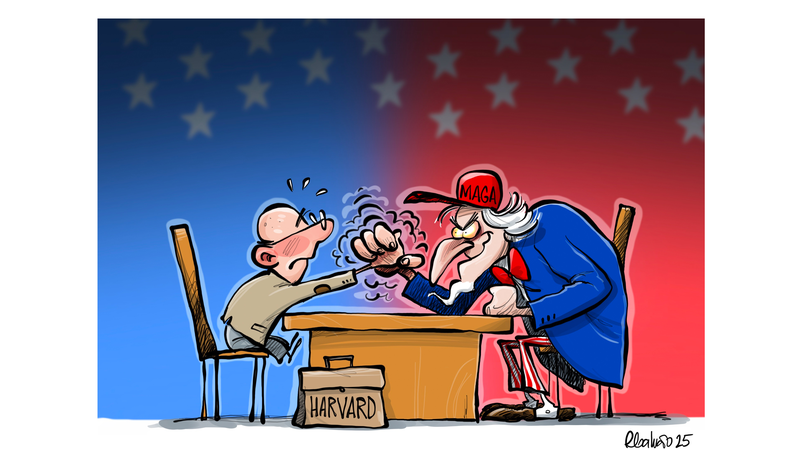In a dramatic escalation of tensions between academia and politics, the U.S. government has suspended Harvard University’s ability to enroll foreign students. Existing students face the prospect of transferring to other colleges or risking their legal status in the country.
Harvard slammed the decision as damaging and illegal, vowing to challenge it in court. In a swift response, a federal judge has paused the order, granting a temporary reprieve and setting the stage for a high-stakes legal battle.
Last month, Harvard sued the government, accusing it of trying to influence academic decisions by threatening to cut federal funding. With pressure mounting from the administration, observers around the world are watching to see how long the nation’s oldest university can hold its ground.
The standoff goes beyond Harvard’s gates. For international students, universities, and academic institutions everywhere, this clash raises fundamental questions about academic freedom, visa security, and the balance of power between politics and higher education. As the case unfolds, stakeholders from classrooms in Boston to lecture halls across the globe are waiting to see whether academia can stand firm under political pressure.
In the coming weeks, court rulings and appeals will determine the outcome of this unprecedented showdown. Will Harvard emerge unscathed, or will the weight of political influence force a shift in the landscape of U.S. higher education? The world is watching.
Reference(s):
cgtn.com




